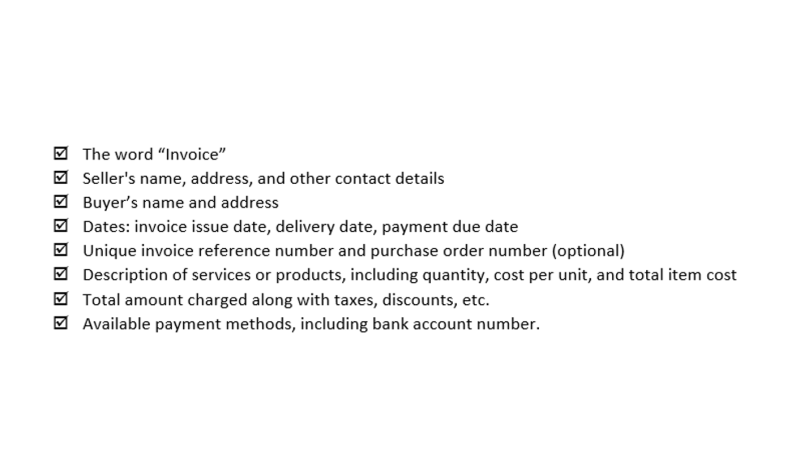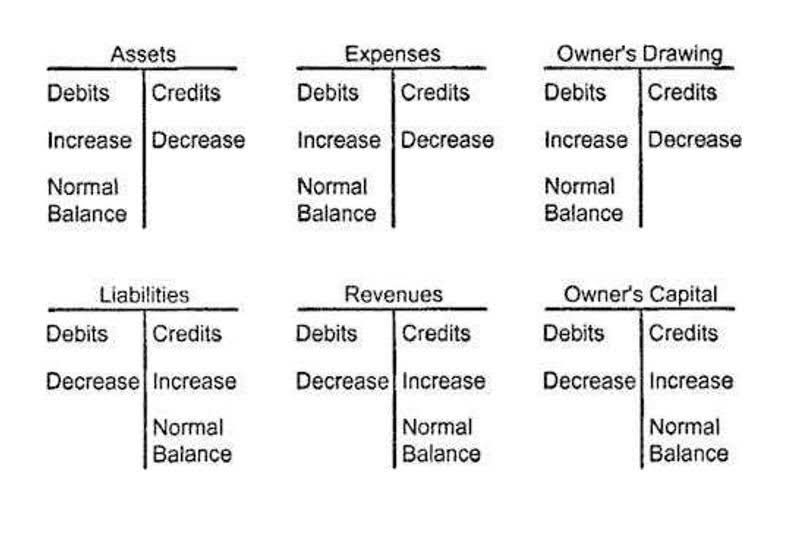
We believe everyone should be able to make financial decisions with confidence. And while our site doesn’t feature every company or financial product available on the market, we’re proud that the guidance we offer, the information we provide and the tools we create are objective, independent, straightforward — and free. Unlike salaried employees, insurance agents are responsible for managing their own taxes, which increases the risk of underpayment penalties and missed deductions. Even when direct financial penalties seem relatively low, the administrative burden, legal fees, and operational strain of an investigation often carry far greater consequences. For insurance agents, maintaining financial accuracy isn’t just about avoiding fines—it’s about preventing costly disruptions that impact business stability and profitability.
Audit, Tax & Consulting for Insurance Brokers and Agencies
It is also common for agency owners to ignore these statements and to toss them when they are received. Where companies provide services and generate revenues on a cost-plus basis, they recognize revenue consistent with the completion of each performance obligation. The difference between the premium paid by the insured and amount paid into the insurance company is the brokerage fees, to be debited in liability and credited in the brokerage account (income statement). Flexi’s full-featured accounting software includes everything you’d expect in a comprehensive, enterprise platform including a powerful general ledger and financial suite, workflow automation, and reporting and analytics tools.

Strengthen financial oversight in claims handling
- In addition, insurers should not overlook the need to manage their potential reputational risks in the midst of this pandemic.
- Key reports include commission breakdowns, expense summaries, and client revenue reports, which help optimize business management.
- These revenues vary, generally based on growth, the loss experience of the underlying insurance contracts, and/or efficiency in processing the business.
- It is also a best practice to file all of the commission statements and to keep them for at least 36 months.
Considerable misunderstanding exists in our industry complicating trust accounting further. That insurance brokerage accounting misunderstanding is that only a handful of states are trust states. The difference is that most states allow commingling of operating money while a handful prohibit commingling. SIPC protects cash in a brokerage firm account from the sale of or for the purchase of securities.
- In GL accounting the accounting process starts with an invoice which is known to generate income in the agency P&L and receivables in its Balance Sheet.
- However, without regular reconciliation, they risk missing unpaid commissions, accounting errors, and financial discrepancies that could impact their cash flow and profitability.
- Agency-billed policies are also easier to track and manage since the agency is in control of the entire revenue cycle.
- Nowadays, various accounting software like NetSuite, QuickBooks etc., have emerged which have made accounting tasks extremely simple.
How Is Insurance Accounting Different from General Accounting?
- The idea here is that the insurance premium is amortised for the period covered and expenses on a monthly basis till the value is written off to the profit or loss account.
- The magic happens when our intuitive software and real, human support come together.
- Both include appropriate simplifications and options for IFRS groups to streamline accounting policies.
- A solid understanding of the individual agreements and how commissions are generated is a key piece of the brokerage’s revenue forecast.
- In addition to knowing which deductions apply to you, you should also be aware of the deadlines for filing and making payments on your business income.
It provides practical advice for organisations wishing to get a head start considering the interaction among current reporting, FRED 82 and IFRS 15, and previous industry lessons learned. Our team of experts is well-acquainted with insurance brokerage tax protocols and will tailor their approach to your brokerage’s specific requirements. Each month, your dedicated bookkeeper sorts out your insurance brokerage transactions and compiles comprehensive financial reports. If they require any further information from you, they’ll reach out promptly.
At FinancePal, we have tax experts on staff who can help with your small business tax preparation and ensure that your insurance agency’s income taxes are filed on time and paid correctly. Let’s dive into some of the fundamental factors of insurance accounting that make it unique from other industries. With a better understanding of these industry-specific attributes, you can implement proper insurance accounting practices for your business. Earned income is more applicable than cash or accrual, but because almost no CPA has heard of earned income and accounting for it within tax forms and other standardized accounting retained earnings software is not practical, no point exists in discussing it. QuickBooks is a great system for most businesses but not insurance agencies. Never use QuickBooks unless you have a high degree in accounting and possess significant insurance agency specific accounting knowledge so you can address agency bill business correctly.


Historical reasons still exist for not commingling monies, such as, it is simply better management. A good practice is to create a trust account specifically named “trust” account in order to have more banking protection if a bank was to go insolvent. Trust accounting is problematic for many reasons Interior Design Bookkeeping including the fact that the trust ratio, the way an agency’s trust position is measured, is not a GAAP (Generally Accepted Accounting Principles) measure, so most accountants know nothing about it. This sometimes leads to bad advice, like spending the money that you are, by law, holding on a fiduciary basis.
A premium invoice should never generate “income” in the agency P&L as a merchandise invoice does; it should only generate premium assets and liabilities. Many CPAs or accounting service providers argue they can make GL accounting work for both the agency’s sales and service operation and premium and return premium management. Some contend that determining an agency “trust position” or “trust ratio” is sufficient to prove its trust account financial solvency. Despite such assurances one in three insurance retailers in California is presumed to be out of trust and operate a financially insolvent trust account. Many insurance brokers have lost their licenses and some have even faced legal prosecution for the mismanagement, in most cases unintentional, of premium fiduciary funds. An insurance policy may be subject to multiple endorsements with the potential to cause the policy commission to either increase or decrease several times during its term.

In addition, when the agency owner is ready to sell, these best practices will help the a prospect buyer better understand the makeup of the book of business and this can lead to better price and terms for the current owner. While many small businesses are not required to maintain a balance sheet for income tax purposes, it is highly recommended for an insurance agencies because they may handle funds that create a large legal liability for the agency owner. IAAB has accountants on staff skilled in reconciling all accounts reported on your financial statements, providing agency principals with the details needed to successfully manage. Agency’s bank accounts are reconciled several times throughout the month. The knowledge and expertise we’ve gained over 30+ years supporting insurance companies with our world-class accounting platform is one of our many assets that saves our customers valuable time and money.

Under FRS 102, insurance intermediaries recognise revenue from transactions based on the stage of completion when the amount can be reliably estimated, and it is probable that the economic benefit will flow to the entity. Learn how to build, read, and use financial statements for your business so you can make more informed decisions. Our team is ready to learn about your business and guide you to the right solution.